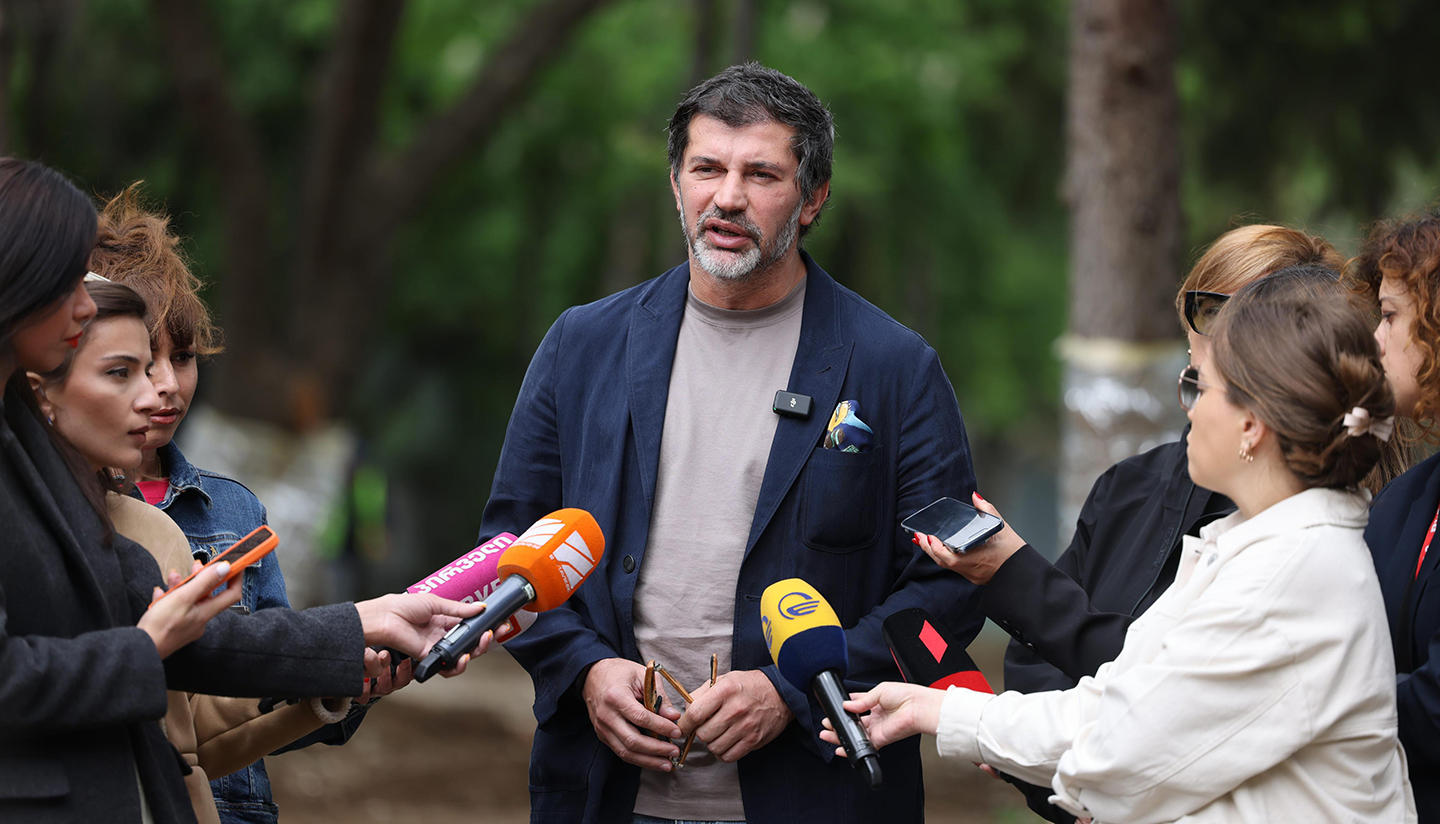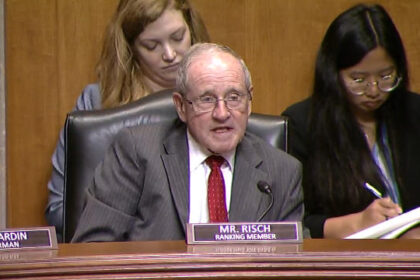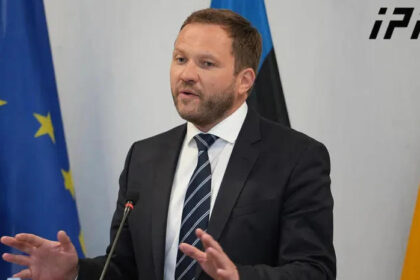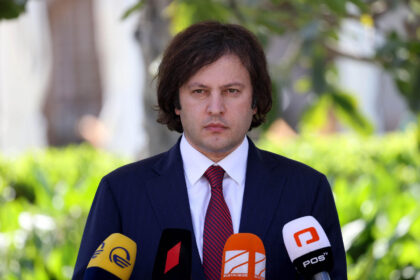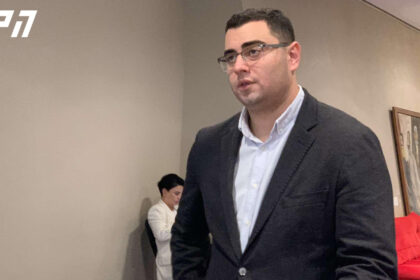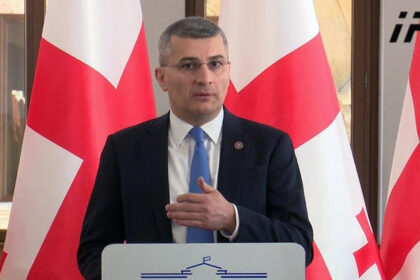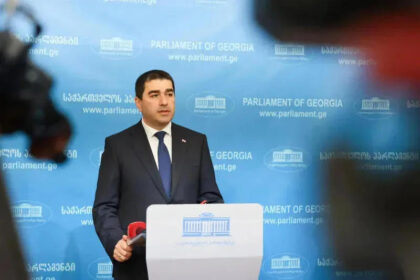**Georgian Dream Leader Speaks Out Against “Deep State”**
Kakha Kaladze, the Secretary General of Georgian Dream, has made some surprising comments about the relationship between the United States and Georgia. He spoke to journalists recently, expressing his thoughts on the ongoing tensions between the two nations.
According to Kaladze, the “deep state” in the US is still very much active and influential, despite efforts to defeat it. This network of agents has been created over years with millions of dollars spent on creating a web of influence that now affects Georgia. Kaladze claims that this “deep state” has been used to organize coups d’état and revolutions in various countries, including Georgia.
**A History of US-Georgia Tensions**
Kaladze’s comments shed light on the long-standing tensions between the United States and Georgia. He suggests that the US has a history of using its influence to shape events in smaller countries, often with little regard for their sovereignty. This is echoed by his reference to Ukraine, which was used as a pawn in the interests of others.
**A Call for Normalization**
Despite these tensions, Kaladze welcomes the normalization of relations between the US and Georgia. He believes that the relationship should be based on mutual respect and trust, rather than one country looking down on another. The current state of affairs is seen as unacceptable by both parties, and a new page needs to be turned.
**Implications for US-Georgia Relations**
Kaladze’s comments have significant implications for the future of US-Georgia relations. His assertion that the “deep state” has not been defeated suggests that there are still powerful forces at play that can influence events in Georgia. This raises questions about the ability of any government to truly shape its own destiny.
In conclusion, Kaladze’s statements highlight the complexities and challenges faced by small countries like Georgia when dealing with larger powers like the US. The call for normalization is a welcome one, but the underlying issues remain unresolved, leaving room for further tensions and conflicts in the future.
Read More @ www.interpressnews.ge




